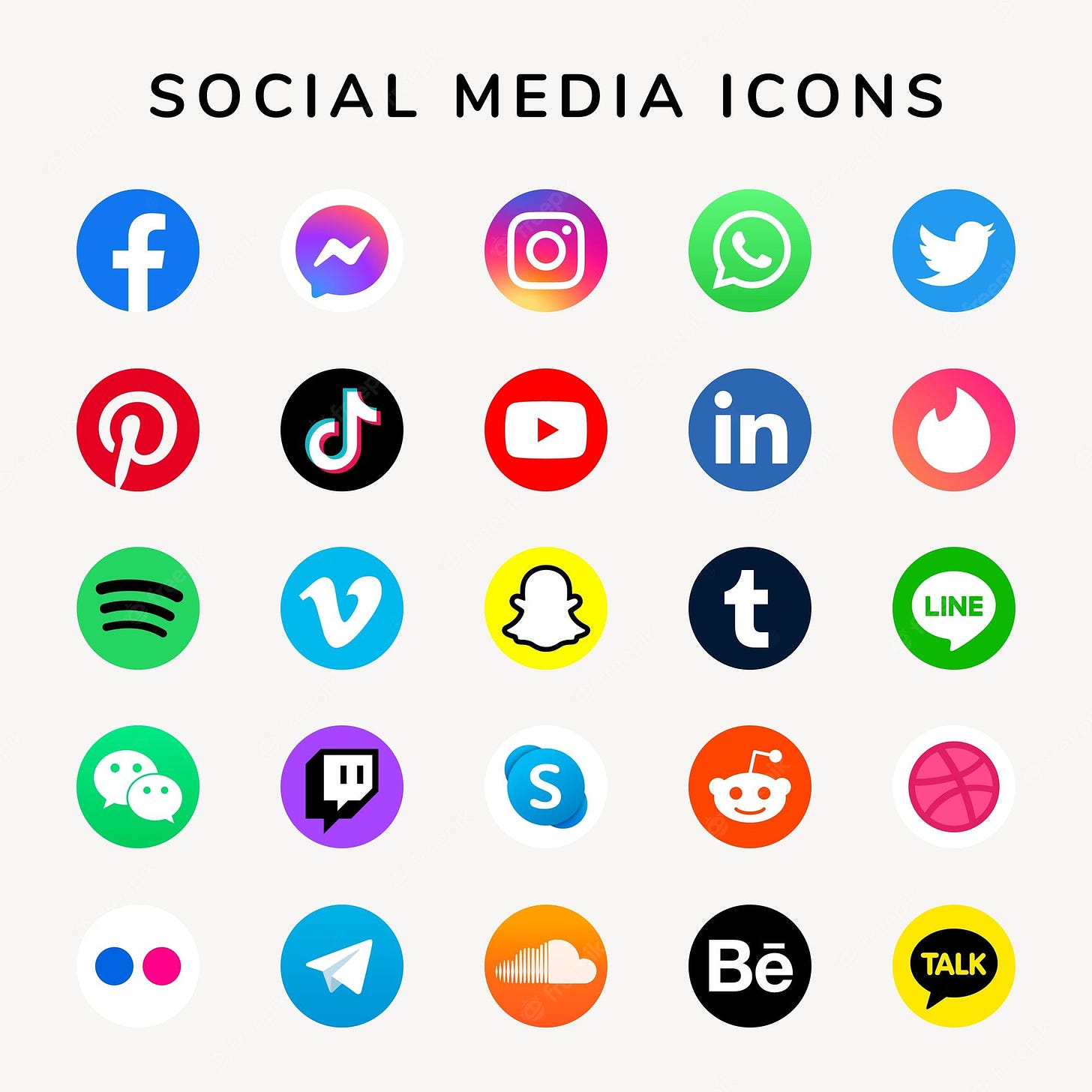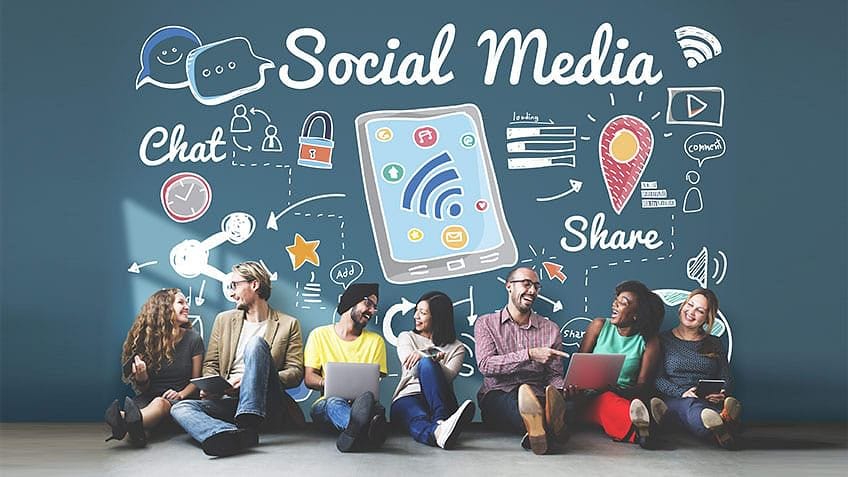Conversation Lesson Plan: Social Media: Connecting and Communicating in the Digital Age
Social Media English: Conversation Lesson Plan for Effective Communication in the Digital Age plus Interesting Vocabulary and Phrases
Introduction
In today's digital age, social media platforms have become an integral part of our lives. They provide us with new ways to connect and communicate with others, both near and far. But with so many platforms available, it can be challenging to know which ones to use and how to use them effectively. In this lesson, we will explore some common social media vocabulary, discuss the pros and cons of social media, and practice using English to communicate about social media.
Vocabulary
Social media: online platforms and tools that allow people to communicate, share information, and network with others.
Profile: a personal page on a social media platform that displays information about a user.
Feed: a stream of content (such as posts, photos, and videos) displayed on a user's social media homepage.
Like: a feature on social media platforms that allows users to indicate that they appreciate or agree with a post.
Share: a feature on social media platforms that allows users to repost or share content with their own followers.
Hashtag: a word or phrase preceded by the # symbol that is used to identify content related to a particular topic or theme.
Example Phrases
"I just posted a new photo on my Instagram profile. Can you take a look and let me know what you think?"
"I saw a really interesting article on Twitter this morning. I'll send you the link."
"I always check my Facebook feed before I go to bed at night."
"I got so many likes on my post about my new puppy!"
"I'm going to share this post about climate change on my LinkedIn profile to raise awareness."
Discussion Questions
What social media platforms do you use, and how often do you use them?
What are the benefits of using social media, and what are some of the challenges or drawbacks?
Have you ever had a negative experience on social media? What happened, and how did you handle it?
How do you think social media is changing the way we communicate and interact with others?
Do you think social media is a good way to stay connected with friends and family, or does it create distance and isolation?
Wrap-Up
In this lesson, we explored some common social media vocabulary, discussed the pros and cons of social media, and practiced using English to communicate about social media. As you continue to use social media in your daily life, remember to use caution and be mindful of the content you post and share. Social media can be a powerful tool for connecting with others and sharing ideas, but it can also have negative consequences if used improperly. By using English to communicate effectively about social media, you can help ensure that your online interactions are positive and productive.







